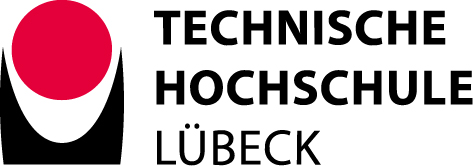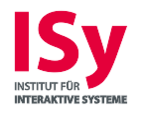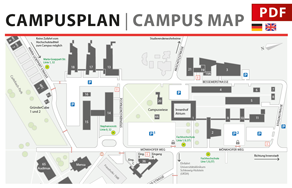MyEduLife is a project funded by the BMBF in the INVITE guideline for the transfer of analogue and digital qualification certificates into a cross-platform system using blockchain technology.
The aim of MyEduLife is to make continuing education activities transparent and comparable and to create added value for learners, continuing education institutions and employers. The project encompasses technological developments as well as educational science issues and brings together partners from science and practice (ISy TH L, TU Dresden, RWTH Aachen, BPS Bildungsportal Sachsen GmbH, Elektrobildungs- und Technologiezentrum e. V. (EBZ) Dresden, Handwerkskammer Dresden, KOMPASS GmbH).
As an EBSI early adopter (European Blockchain Services Infrastructure, EBSI for short), the MyEduLife project is researching the secure and efficient recognition of qualifications in Wave 3 - European VET in transition:
The digitalisation and increased mobility of the workforce bring new challenges for the placement and recognition of qualifications. Traditional, paper-based certificates and bureaucratic processes hinder cross-border mobility and the efficient verification of qualifications.
The EBSI offers a test environment in which the use of decentralised blockchain technology can be investigated with regard to the secure and efficient digital verification of qualifications on the web3. MyEduLife has been involved in this project together with the Fraunhofer Institute for Applied Information Technology FIT, the Digital Credentials Network NDN and GovPart GmbH since March 2023.
The project focuses on digital wallets as a central element in which trainees and people in further education can store and exchange their qualifications issued by institutions in standardised data formats. Blockchain technology, as used in the EBSI test environment, ensures the forgery-proof verification of certificates, especially for transnational recognition. This enables the potential for an internationally transparent and efficient system to be investigated. In the project consortium, the persona "Maria" was created for this research purpose and accompanied on her educational journey through three European countries:
Maria, a mechanical engineering graduate from the University of Strasbourg (France), uses digital wallets to seamlessly store her academic certificates. During her further training as an international welding specialist at the Dresden Chamber of Crafts (Germany), she uses previous certificates for admission and can use the modules she has subsequently acquired at the Dresden Chamber of Crafts to apply for a welding internship in Sweden. She then takes part in further training as a composite engineer at the Fraunhofer Institute for Manufacturing Technology and Applied Materials Research (Fraunhofer IFAM) and also saves this certificate in her Wallet. Thanks to the wallet, Maria can manage her credentials securely and quickly and have them verified independently of the issuers and acceptance centres. The EBSI ensures the authenticity of the issuers and their competence to issue qualified certificates, which enables Maria's future employers to verify her qualifications quickly and securely.
This project will also analyse the need for a strategic reorientation:Cooperation between educational institutions, ministries and other stakeholders is necessary to create standardised guidelines for the digital infrastructure and a new identification system.
Through Web3 and EBSI, there is an opportunity to facilitate the recognition of professional qualifications in Europe and promote the mobility of skilled workers.This could help to meet the demand for qualified labour and open up individual career paths.
Further information: See project overview page MyEduLive ISy.




